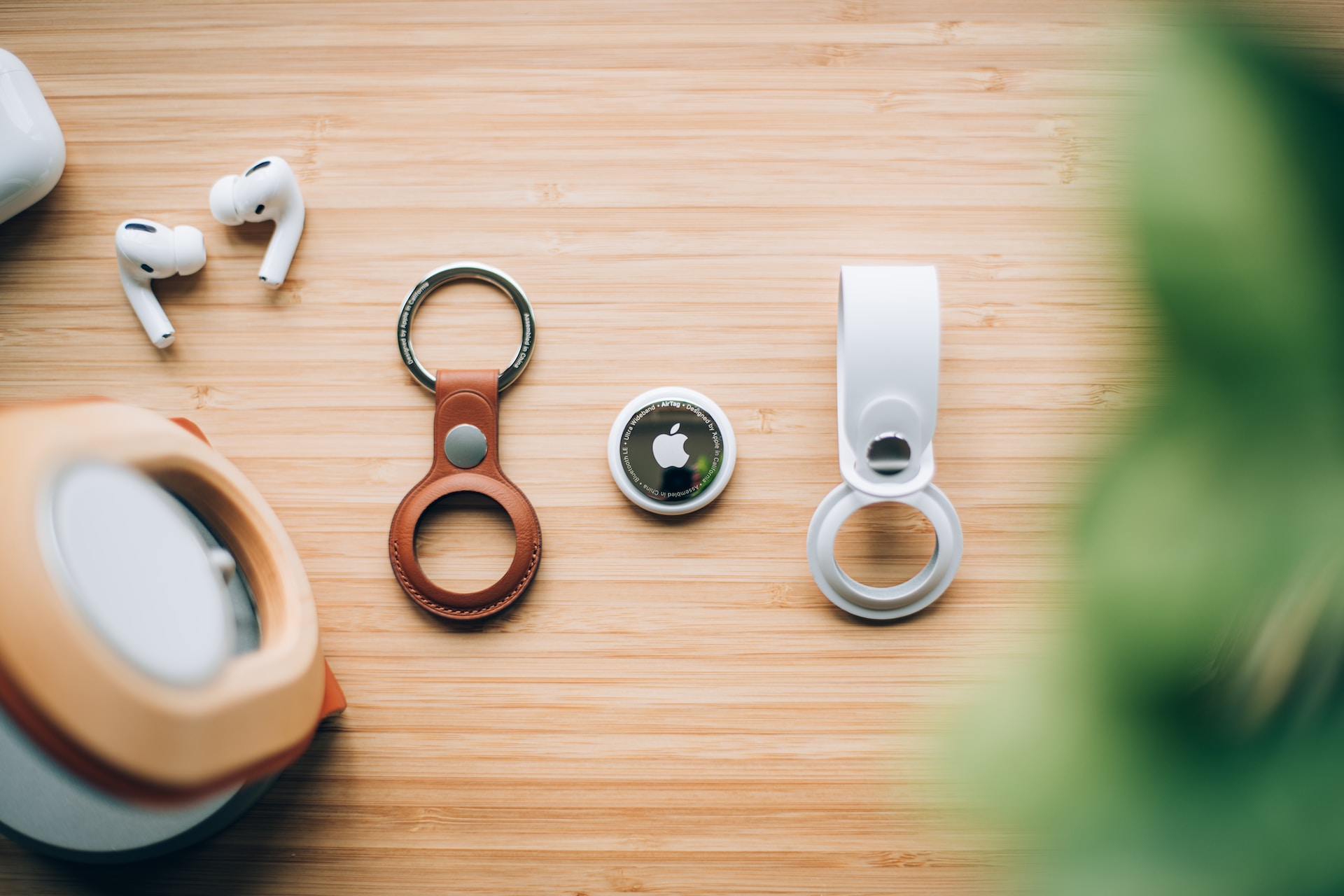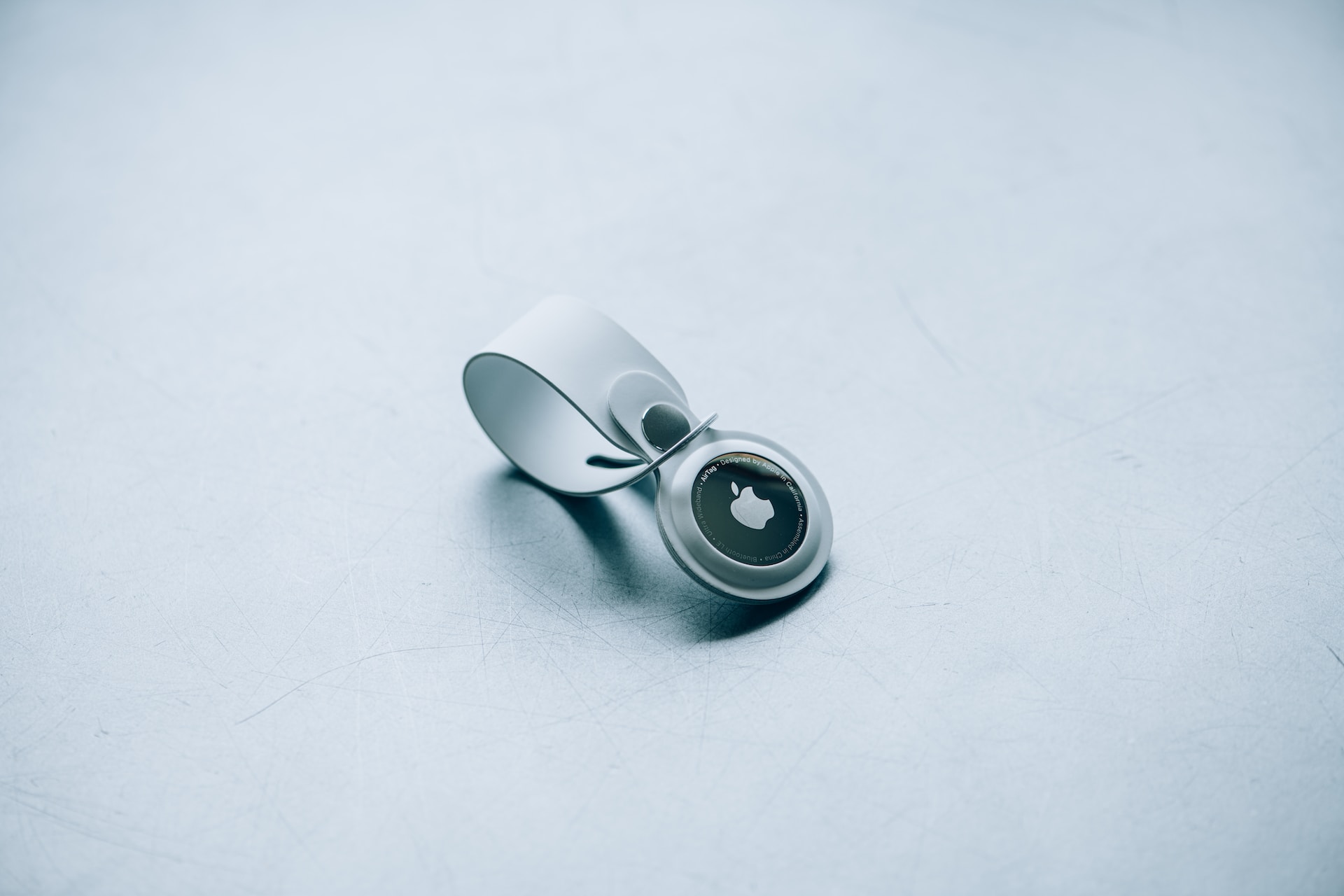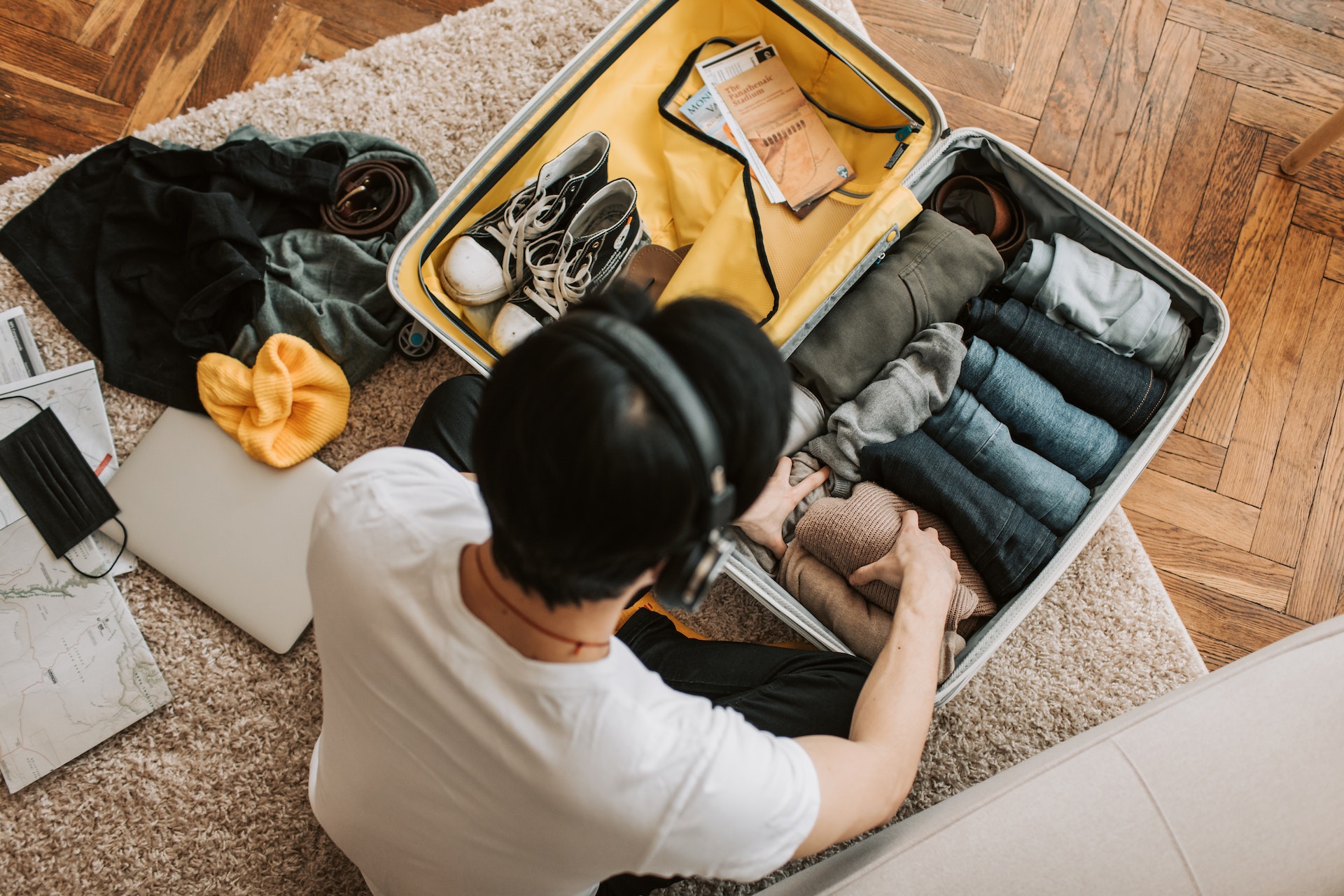
Anyone who has ever had to replace a lost suitcase full of clothing on vacation understands the hassle it can be. Oh, and don’t forget about the shoes, toiletries, and accessories — the cost adds up quickly. Plus, who wants to spend their hard-earned vacation days schlepping to a store to buy a new wardrobe? I feel like I’m not alone in saying that precious time is much better spent enjoying the fruits of your trip planning, relaxing, or exploring. But that’s only one of the reasons why every travel bag you have needs an Apple Air Tag.
Whether your wayward bag is buried beneath a massive pile of lost luggage in a foreign airport or accidentally left behind in the back seat of your Uber, tracking an AirTag may be the best bet you have to track it down. The concept is super simple and nearly foolproof. Slip an AirTag in your suitcase, and you’ll almost always be able to find out where it is. Above and beyond the obvious, there are plenty of great benefits to keeping an Apple AirTag in each piece of luggage when you travel — both checked bags and carry-ons.

Tracking lost luggage with Apple AirTags
Apple AirTags are small discs that can be used to locate things they are attached to. Each tag transmits a Bluetooth signal to an iCloud-connected device paired to an iPhone or an iPad. Then, the AirTag’s location shows up on the paired account’s FindMy app. Once paired, the tag is ready to go and can be placed in your travel bag.
Be sure to place your tag in a subtle spot within your suitcase or bag. When writing about his personal experience using an AirTag to track a lost bag — with an engagement ring inside — while traveling to Amsterdam, The Manual’s Nick Hilden said it best:
“Apple offers little holders that can be clipped onto a keychain or hoop, but I prefer to bury my AirTag deep in a pocket where it won’t fall out and is less likely to be spotted by potential thieves who might be looking to remove it.”
With the location of your AirTag right in the FindMy app, tracking down a misplaced bag has never been easier. If you have one inside your bag while traveling and you lose your bag, all you have to do is check the app to see the tag’s location. You can enable “Lost Mode” to alert iPhones nearby that the tag — and the bag it’s in — is lost and notifies that phone to call you. Then, you can communicate with the airline about where your bag is located and work through their process to get it back.

Why use AirTags to track your bags?
In the initial quarter of 2023, the U.S. Department of Transportation reported that out of a total of 113 million bags checked on domestic flights, approximately 721,000 bags were mishandled. Internationally, those numbers are much higher. So, if you don’t want your bag to be one of the many that go unrecovered once rehandled, an AirTag can help.
First and foremost, the cost is relatively low compared to the potential costs of lost luggage. In fact, one AirTag is probably less expensive than the bag you’d lose and need to buy again. A single AirTag retails for $29 at Apple, and four packs are available through various retailers ranging from $69.99 to $99 for the set. Even if you buy one tag for every bag you own, the cost is a one-time expense that is likely less than what it would cost to replace all of your packed belongings should your bag get lost.
Weighing in at a minimal 0.39 ounces (11 grams) and measuring approximately 1.26 inches in diameter, Apple AirTags are tiny. If you’re prone to overpacking or worry about your luggage exceeding airline weight restrictions, rest assured that the weight added by a tag is negligible. AirTags operate in ambient temperatures from -4 to 140 degrees Fahrenheit. So whether traveling to a snow-covered tundra or a tropical paradise, the AirTag in your bag will continue to function through the cold or the heat.
The CR2032 coin cell battery inside is reported to last more than a year and can be changed when needed. The battery itself contains a small amount of lithium — an otherwise banned substance as a hazardous material — but AirTags are approved for use by the Federal Aviation Administration (FAA) and are not banned by the Transportation Security Administration (TSA).
In addition to tracking luggage, you can add an AirTag to personal items like your laptop bag, backpack, wallet, and keyring. AirTags can even be personalized with engraving of letters, numbers, or emojis at Apple. So, not only does the device’s technology help you keep track of your stuff, but there will be absolutely no mistaking your custom unicorn emoji and birthdate combination for someone else’s.
Concerned about the news reports of stalkers using AirTags for nefarious purposes? Each tag’s built-in speaker now emits a beeping noise when apart from the paired device too long. This feature also helps locate lost luggage, as the sound could notify passersby that the bag is abandoned.
All told, you won’t regret using an Apple AirTag to track your bags if they happen to get mishandled while traveling.
Editors' Recommendations
- How to get a passport: This company acts as your concierge and eliminates travel stress
- Use your Rapid Rewards points to book a Southwest Airlines flight ASAP — here’s why
- F1 is already selling ‘deposits’ for the 2024 Las Vegas Grand Prix – and we have one big question
- Want cheap airline tickets? Research says travel hacks don’t really work
- Travel tips: One super easy thing you can do to keep your checked luggage from getting lost when you fly




